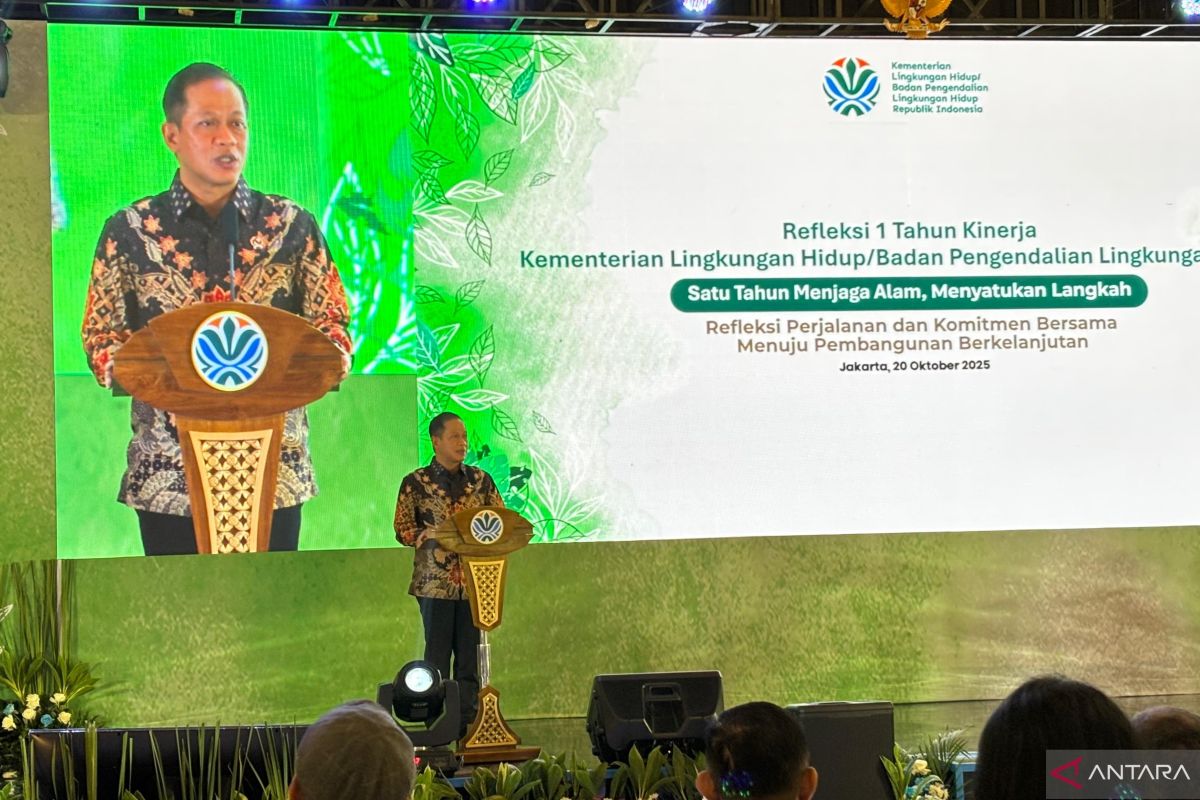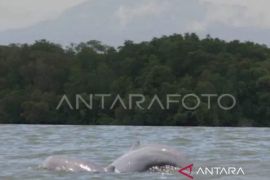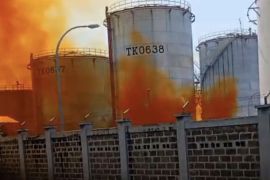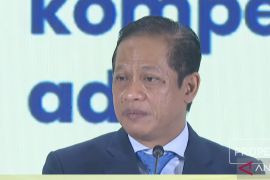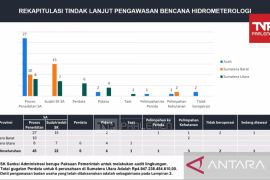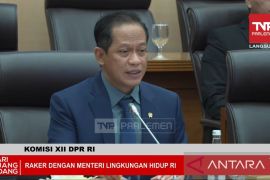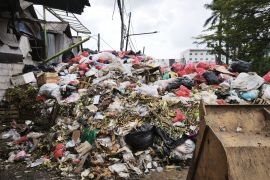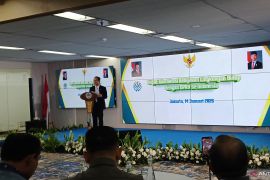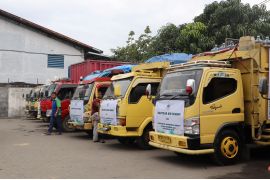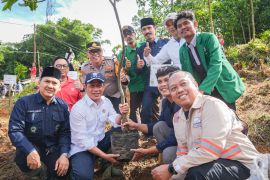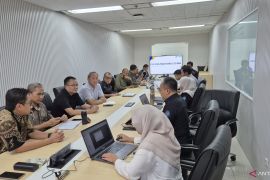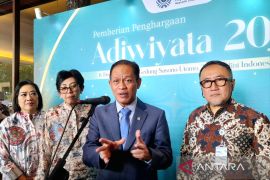In a statement issued in Jakarta on Tuesday, Nurofiq said President Prabowo and Vice President Gibran’s first year in office had demonstrated concrete progress toward achieving environmental sovereignty and national ecological resilience through the Environment Ministry (KLH).
He cited KLH’s swift response to the radioactive contamination incident in Cikande, Banten, as a key example of ecological sovereignty, noting that the Cesium-137 case was resolved through inter-agency collaboration and underscored the importance of environmental protection as an integral part of national defense and ecological security.
Nurofiq explained that over the past year, KLH has achieved historic progress in addressing the national waste crisis through the “End Open Dumping: Building a Harmonious Civilization with Nature and Culture” policy.
A total of 246 out of 343 open-dumping landfills have been closed or revitalized, reducing national waste by 21.58 percent, or 12.37 million tons per year. This supports the national target of a 51 percent reduction by 2025 and complete elimination of open dumping by 2029.
KLH has also established a Waste Crisis Center to integrate real-time monitoring of landfill capacities and enable rapid response in waste emergency areas.
He further stated that waste management policies are shifting toward energy-based systems, marked by the development of Waste-to-Energy Power Plants (PSEL) in seven major regions to accelerate the transition toward sustainable waste management.
The initiative, he added, represents a tangible step in Indonesia’s green energy transition and contributes directly to the targets of Indonesia’s Second Nationally Determined Contribution (NDC), which will be submitted at COP30 in Brazil.
“The Second NDC is being finalized to align with national development priorities. We are not backsliding; we are increasing our ambition so that all green financing instruments, including waste-to-energy projects and PSEL, can be implemented swiftly,” Nurofiq said.
Indonesia has also emerged as a key player in the global carbon market, with the Indonesian Carbon Exchange recording transactions worth over Rp30 billion (US$1.8 million), strengthening climate diplomacy and supporting the nation’s transition toward clean and sustainable energy.
Related news: Indonesia committed to transparency in international carbon trading
Related news: Cs-137 decontamination targeted for completion in December: Minister
Translator: Prisca Triferna Violleta, Cindy Frishanti Octavia
Editor: Primayanti
Copyright © ANTARA 2025
